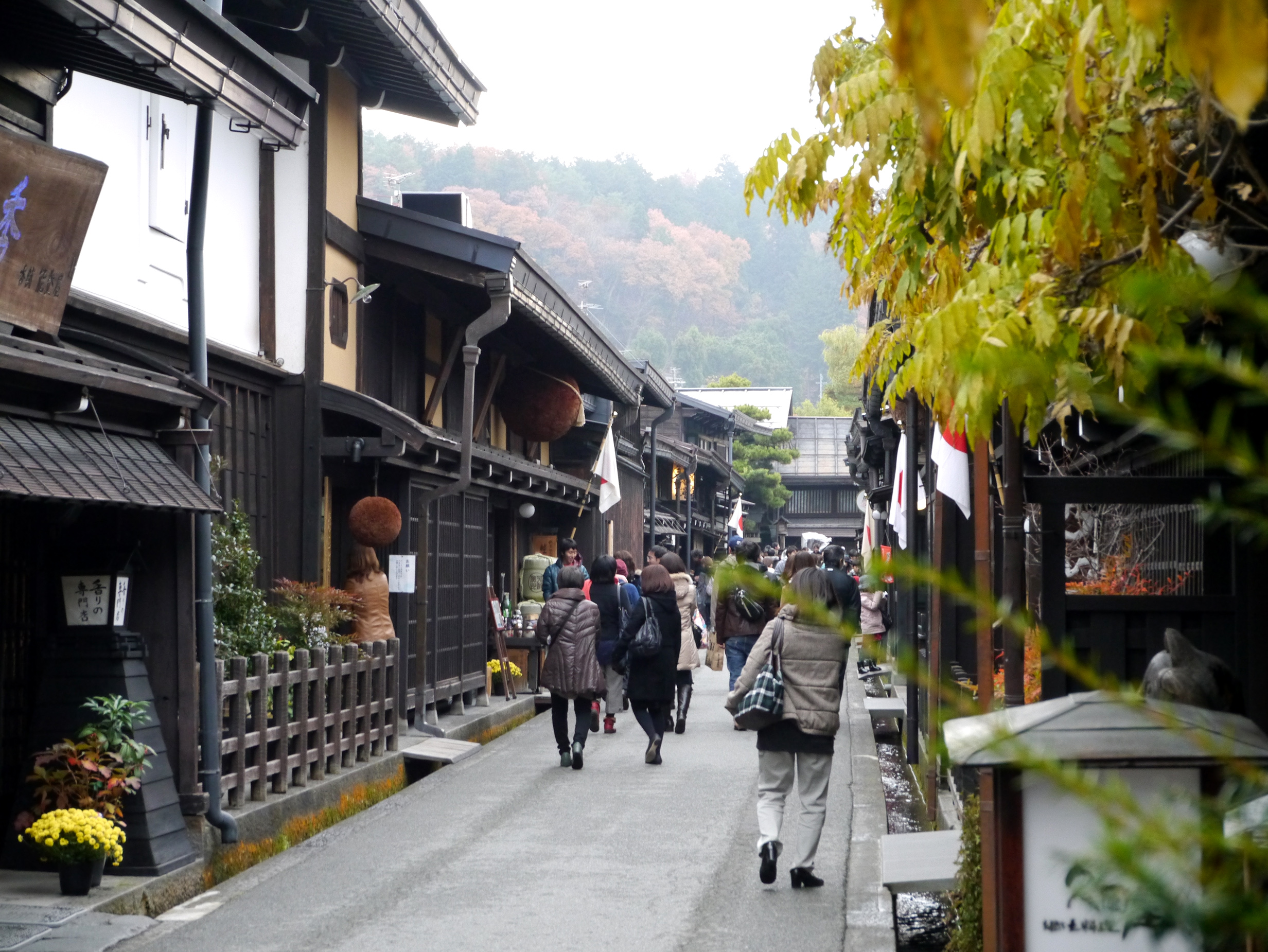

Welcome to GWADW 2014!!
The last decade has produced pioneering demonstrations of the technologies to observe astrophysical gravitational waves across the frequency band from kilohertz to nanohertz. The construction of advanced interferometric detectors (Advanced LIGO, Advanced Virgo, KAGRA, and GEO-HF) is progressing steadily, and will reach the sensitivity needed to yield first observations. The LISA Pathfinder mission is nearing launch and the LISA mission has been reformulated.
The construction of advanced interferometric detectors (Advanced LIGO, Advanced Virgo, KAGRA, and GEO-HF) is progressing steadily, and will reach the sensitivity needed to yield first observations. The LISA Pathfinder mission is nearing launch and the LISA mission has been reformulated.The international pulsar timing effort is progressing in developing the instruments needed, while surveys continue to provide new sources. Several developments are ongoing and gaining momentum ensuring that the field of gravitational waves astrophysics will be able to fully deploy in the current and next decades.
This workshop will address techniques that might be implemented towards the completion and commissioning of the almost completed second generation detectors. Ideas for the next generation of detectors will be explored, such as the ways of reducing thermal noise, the role of cryogenics, improving robustness, extending the frequency spectrum of observation and emphasizing the role of simulations.
 The registration starts on March 3rd and the deadline is April 30th. Registration form and logistic information are linked from the top menu.
The registration starts on March 3rd and the deadline is April 30th. Registration form and logistic information are linked from the top menu.Meeting sessions will start in the morning of Monday, May 26th and finish in the evening of Friday, May 30th. KAGRA tours are arranged on the 27th and 29th in the afternoon. The participants of the conference are split to two groups according to the capacity of the tour.
Participants are expected to arrive on Sunday, May 25th and to leave on Saturday, May 31st.
| Dates: | 2014/5/25 17:00 - 2014/5/30 19:00 (Japan) |
| Location: | Takayama |
| Chairs: | Francesco Fidecaro, Syd Meshkov |
| Local Organizers: | Kazuaki Kuroda, Kentaro Somiya, Naoko Ohishi, Daisuke Tatsumi |
If you have any question, please contact LOC (gwadw2014-loc_AT_gw.icrr.u-tokyo.ac.jp).
© Somiya Laboratory, Tokyo Institute of Technology